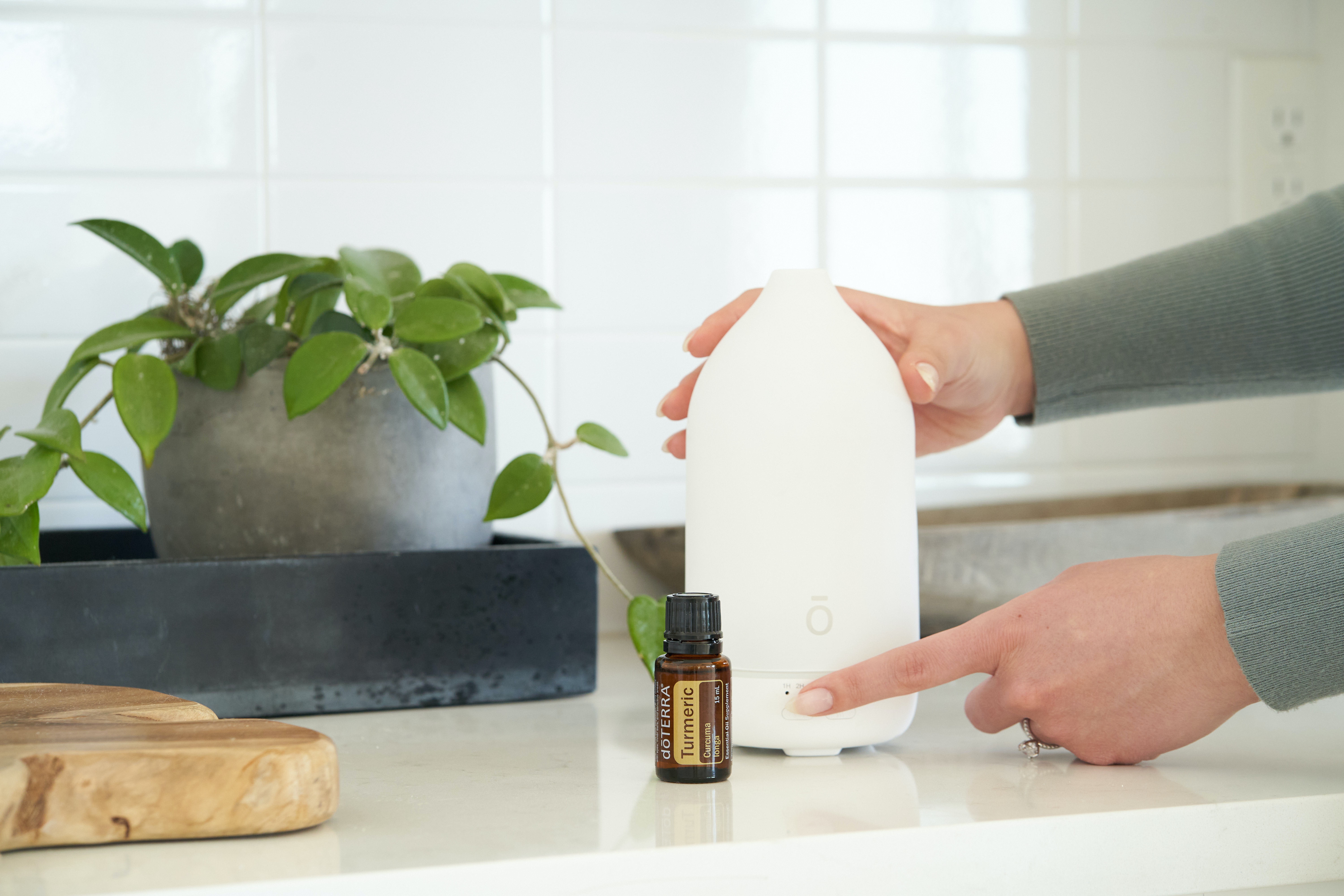A study published last month reveals that exposure to natural fragrances can increase memory capacity by 226%. The study points to a new non-invasive way to deter cognitive decline based on the long-known connection between memory and smell.
“The olfactory sense has the special privilege of being directly connected to the brain’s memory circuits,” said Michael Yassa, one of the study’s authors and a professor at the University of California, Irvine. “Everyone has experienced how powerful aromas are in evoking recollections, even from very long ago.”
Although studies had already been conducted on the use of odors to improve well-being, none has yielded results as compelling as this one. The simplicity of the study method and the practicality of its findings make it a breakthrough worth transforming into a tangible application.
Study method
Two groups of individuals aged 60 to 85 without memory impairment were given a diffuser and seven cartridges with different types and amounts of natural oil. The cartridges given to the target group contained full-strength fragrances, while those of the control group carried tiny amounts.

Each night for six months, participants placed a different cartridge in their diffusers before going to bed. The device released the fragrance for two hours while they slept, which in turn made the research time-efficient.
Success
You are now signed up for our newsletter
Success
Check your email to complete sign up
“By making it possible for people to experience the odors while sleeping, we eliminated the need to set aside time for this during waking hours every day,” explained Cynthia Woo, project scientist and the study’s first author.
The Results
Individuals were given the word list memory test, a common memory assessment technique in which a subject is read a group of high-frequency, high-imagery words a few times and asked to recall the list of words.
Upon evaluation, the enriched group showed a 226% increase in cognitive capacity compared to the control group. Imaging also revealed strengthening of a brain pathway known as the left uncinate fasciculus, which has been associated with language function and often deteriorates with age. In addition, participants reported sleeping more soundly.

How olfactory stimulation may deter dementia
The loss of olfactory function has been found to be an early indicator of cognitive decline and dementia. Studies that assessed the odor identification ability of a group of people concluded that those who developed cognitive impairment or dementia had difficulty identifying smells. In contrast, those with better odor identification scores presented a slower loss of brain volume, particularly in the frontal and temporal regions of the brain, which are usually considered important for thinking and memory.
Another study in older adults found that the ability to identify odors not only changes as human cognition deteriorates, but can also cause changes in the brain. For this experiment, a group of people with moderate dementia were exposed to up to 40 different odors twice a day for a period of time. After testing, these individuals showed an improvement in memory and language skills, as well as a reduction in depressive symptoms.
Although this study uncovered an effective and natural method for treating dementia, its application was impractical. “The reality is that over the age of 60, the olfactory sense and cognition starts to fall off a cliff,” said Michael Leon, professor of neurobiology and behavior at the University of California. “But it’s not realistic to think people with cognitive impairment could open, sniff and close 80 odorant bottles daily. This would be difficult even for those without dementia.”

The findings of the new study indicate that exposure to a natural fragrance, even when asleep, can bring the same – or even better– benefits than smelling several fragrances throughout the day. This is an achievement in the field of cognitive decline treatment.
As the new findings shed light on the impact of odors on the well-being of our brain, it is worth considering the effects of the loss of smell caused by COVID-19, as well as those of smell and taste disorders resulting from the application of the Covid vaccine. Further research is required to assess these damages in Covid patients.
What ‘s next?
A product based on the study is scheduled for release this fall. Curious about further applications of natural fragrances, the researchers will next study the impact of the technique on people with diagnosed cognitive loss, and conduct further research into olfactory therapies for memory impairment.
READ ALSO:













